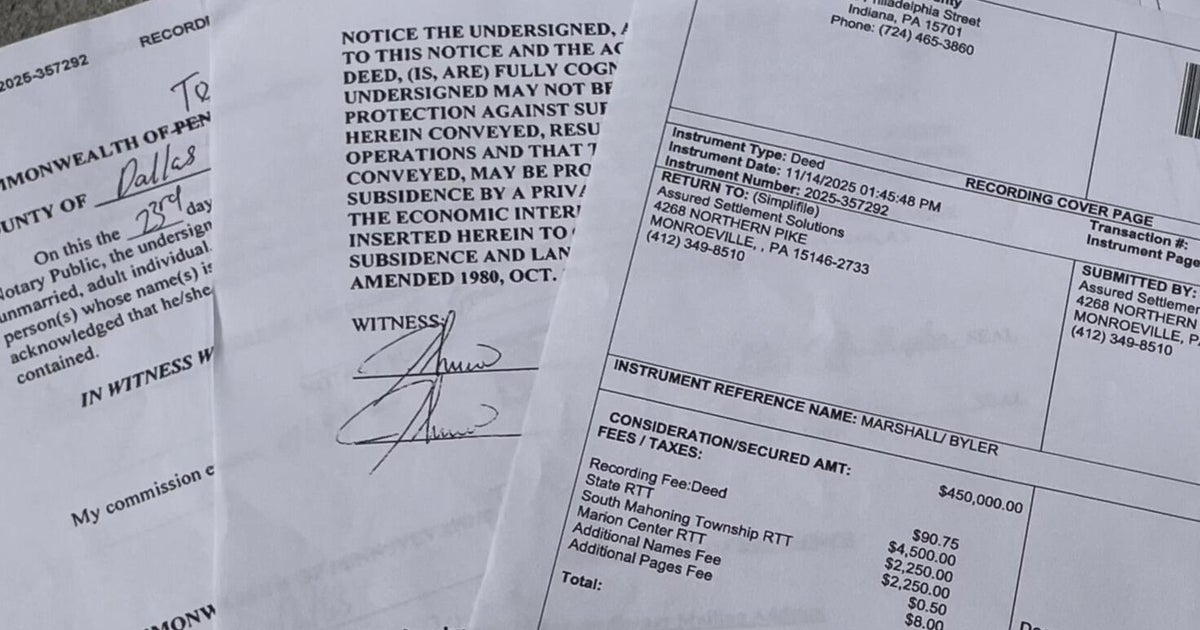Some job posts are scams. Here's how to avoid fake listings.
Scammers are posting fake job listings and taking money from unsuspecting applicants eager to make a quick buck, the Federal Trade Commission has been warning recently.
Though these types of phony opportunities aren't new, bad actors have become more creative and deceptive over time. They are even taking advantage of the changing nature of work. As more Americans become comfortable with working from their living rooms and search for remote jobs, scammers are pitching more opportunities to earn quick cash from home.
"With companies now asking individuals to return to work, this is a different angle scammers are using to get noticed. People worked from home and they liked it, so that is another way to hook someone, by advertising a home job," said John Dooney, an advisor for the Society for Human Resource Management. "It is certainly an enticement."
Bogus job and moneymaking opportunities run the gamut from offers to sell luxury merchandise from home to fake check scams to careers with the government.
"If you're in the job market or looking for a business opportunity, scammers are looking for you," the FTC warned in a recent statement. "They want your money and your personal information."
Sell-from-home promises
A common, but bogus income scam claims to let people sell luxury goods from home and earn fast cash.
In a broad 2020 sweep of income scams, the FTC determined that consumers lost more than $610 million in four years.
The FTC identified a company called Moda Latina that it accused of targeting Spanish-language consumers with false promises of earning "large profits" from home by re-selling goods like brand-name perfumes.
"It turned out to be a lie. People who engaged in it could not make money at all. If people received goods at all, they were not real luxury goods and if they tried to make money reselling them, they were unsuccessful," an FTC spokesperson told CBS MoneyWatch.
Get paid to shop? Not so fast.
Some scammers advertise jobs for "mystery shoppers" — secret shoppers hired to patronize a business, like a restaurant or retail store. For these would-be jobs, shoppers are asked to spend their own money and are told they will be reimbursed for whatever they purchase, and be paid an additional sum for their time and labor.
Though legitimate businesses do sometimes hire workers to provide feedback on goods or services they sell, these companies never require workers to pay an upfront fee. Being asked to pay for anything is a tip-off that a job offer is a scam, according to the FTC.
"Don't pay to do work — that's a huge red flag," said Kati Daffan, assistant director of marketing practices at the FTC. "If someone is charging you in some way to work for them, even if they say the money is for certification or training or to guarantee you a job, don't do it."
Fake job listings sometimes end up on job boards like Indeed.com. Indeed also warns job seekers never to provide any form of payment to a potential employer they find on the site.
"Not only is charging fees a violation of Indeed's rules for companies, these are often a type of scam," the company said in a statement to CBS MoneyWatch. Also, never pay for training.
Fake check scams
Another common trick is what the FTC calls a "fake check scam," in which a con artist will tell an interviewee that they've been hired and that their first task is to receive a check and use it to purchase a gift card or send money someplace.
Initially, the funds will seem legitimate and appear in your account, but banks will eventually determine that the check was fraudulent, and you will be on the hook.
"Banks are required to reflect a deposit within a certain amount of time in your account, but it takes them longer to figure out it's a fake check," Daffan of the FTC said.
How to avoid being a victim
- Do a quick search. Anytime you come across an appealing opportunity, do a simple online search of the company or person advertising the job and include the words "scam," "review," or "complaint." If the entity isn't legitimate, other victims may have already publicly complained about them.
- Never pay to work. No legitimate employer will require a deposit, or any kind of payment or purchase to do a job. They pay you — not the other way around. Also, never wire money as part of a mystery shopping assignment.
- Don't be pressured into accepting an offer. Be skeptical of anyone who pressures you to immediately accept a job offer. Take your time to review the job posting, research the firm or individual behind it and consult with trusted friends and family first.
- Beware misspellings. Look for typos and grammatical errors in job postings — they can be a tip off that a job posting is a made-up scam.
- Finally, report scams to the FTC when you see them at reportfraud.ftc.gov.



